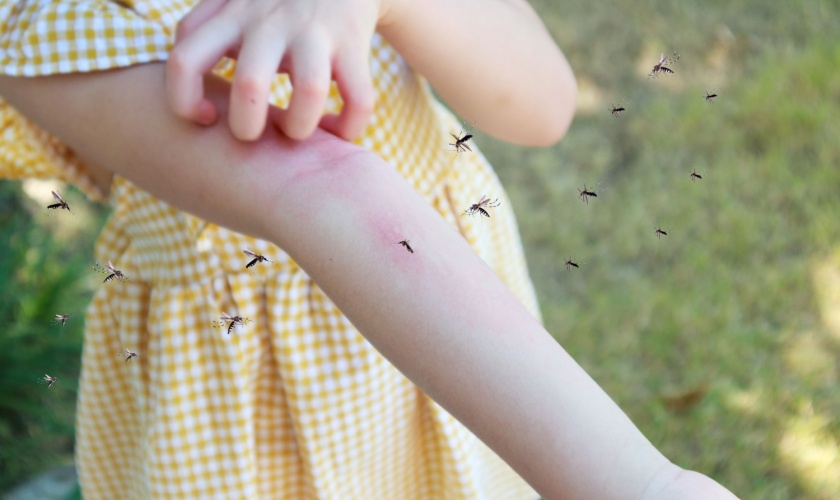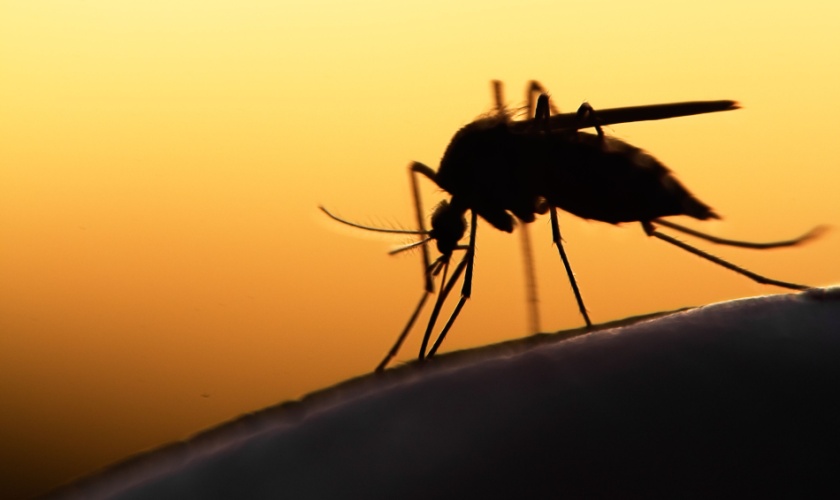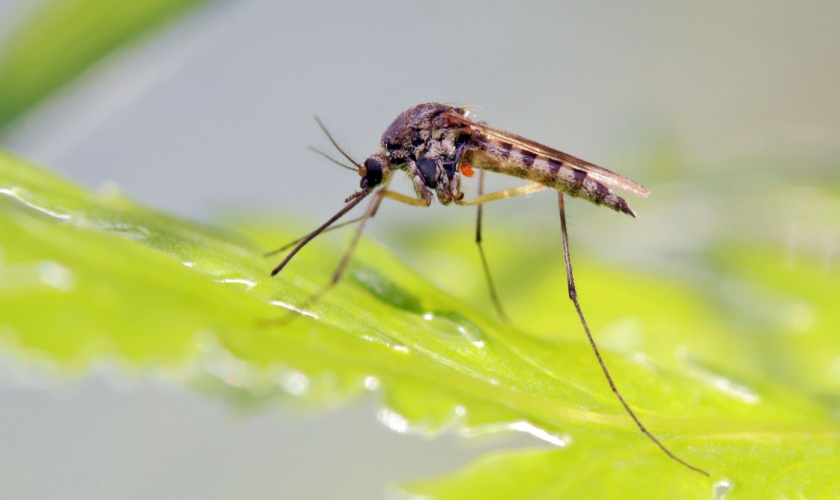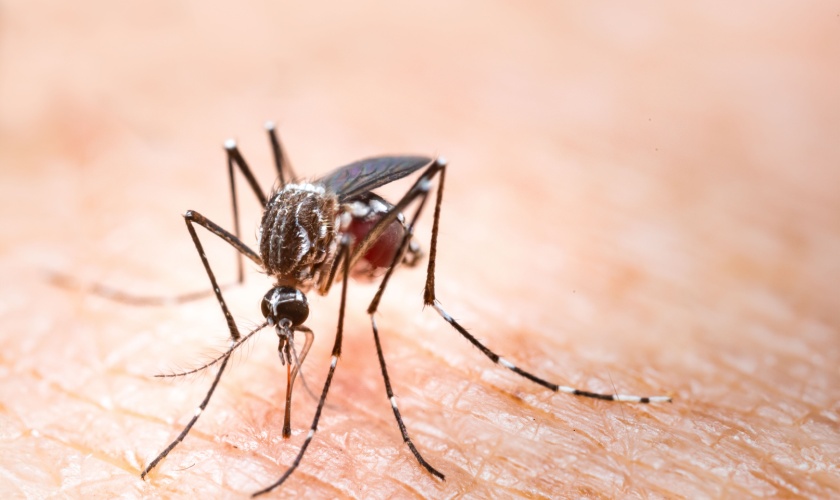San Jose’s beautiful climate allows residents to enjoy outdoor living nearly year-round, but mosquitoes can quickly turn a pleasant evening on the patio into an itchy, uncomfortable experience. Creating a mosquito-resistant outdoor living space isn’t just about comfort—it’s also about protecting your family from mosquito-borne diseases that have been detected in Santa Clara County. Here’s how to effectively mosquito-proof your outdoor living areas.
Strategic Landscape Design
Your landscaping choices significantly impact mosquito activity around your outdoor living spaces:
- Plant mosquito-repelling vegetation: Incorporate plants like lavender, citronella, marigolds, and catnip into your garden beds surrounding patios and decks. These plants contain natural compounds that mosquitoes find unpleasant.
- Maintain proper spacing: Avoid overcrowding plants, which can create humid microenvironments where mosquitoes rest during daylight hours. Proper plant spacing improves air circulation and reduces mosquito-friendly habitat.
- Remove water-holding plants: Some plants, like bromeliads, naturally collect water in their leaf structures. Consider replacing these with mosquito-resistant alternatives in areas close to your primary outdoor living space.
- Manage irrigation carefully: Adjust irrigation systems to prevent puddling or oversaturation near patios, decks, and seating areas.
Physical Barriers and Structures
Physical barriers are among the most effective ways to enjoy San Jose evenings without mosquito interruptions:
- Screen in porches and patios: Screened enclosures allow you to enjoy outdoor living without exposure to mosquitoes. Modern screen materials are nearly invisible while still providing protection.
- Install outdoor ceiling fans: Mosquitoes are weak flyers and struggle against even gentle breezes. Strategically placed ceiling fans create air movement that makes it difficult for mosquitoes to land and bite.
- Consider retractable screens: For areas where permanent screening isn’t desirable, retractable screens provide protection when needed while maintaining your views and open feeling when retracted.
- Add mosquito curtains: Outdoor curtains treated with permethrin can create protected zones around specific seating areas while adding an elegant design element.
Lighting Considerations
Mosquitoes are attracted to certain types of lighting, making your lighting choices important:
- Switch to yellow “bug lights”: These specialized bulbs emit light at wavelengths less attractive to insects while still providing pleasant illumination for outdoor activities.
- Install LED lighting: LEDs attract fewer insects than traditional incandescent bulbs and use less energy.
- Position lights away from gathering areas: Mount lights on perimeter areas rather than directly over seating spaces to draw insects away from where people gather.
- Consider motion-sensor lighting: Using motion-activated lights reduces the total time lights are on, decreasing the period during which mosquitoes might be attracted.
Water Management
Even small amounts of standing water can become mosquito breeding sites:
- Install proper drainage systems: Ensure patios, decks, and nearby areas drain properly after rain or irrigation.
- Maintain water features: Keep fountains, ponds, and water features circulating with pumps. For decorative features without pumps, change water weekly.
- Cover rain barrels: If you collect rainwater, ensure containers are tightly covered with fine mesh screening.
- Check furniture and fixtures: Outdoor furniture, grill covers, and decorative items can collect water in unexpected ways. Choose designs that drain easily.
Timed Protection for Special Events
For parties or special gatherings:
- Schedule barrier treatments: Professional mosquito treatments applied 24-48 hours before outdoor events can dramatically reduce mosquito activity.
- Use mosquito traps strategically: Place CO₂ mosquito traps away from gathering areas to draw mosquitoes away from guests.
At Citra Pest Control, we offer comprehensive mosquito management programs tailored specifically for San Jose’s unique environment and mosquito species. Our professional treatments target breeding sites and create protective barriers around your outdoor living spaces, allowing you to enjoy San Jose’s beautiful evenings without the mosquito menace.



